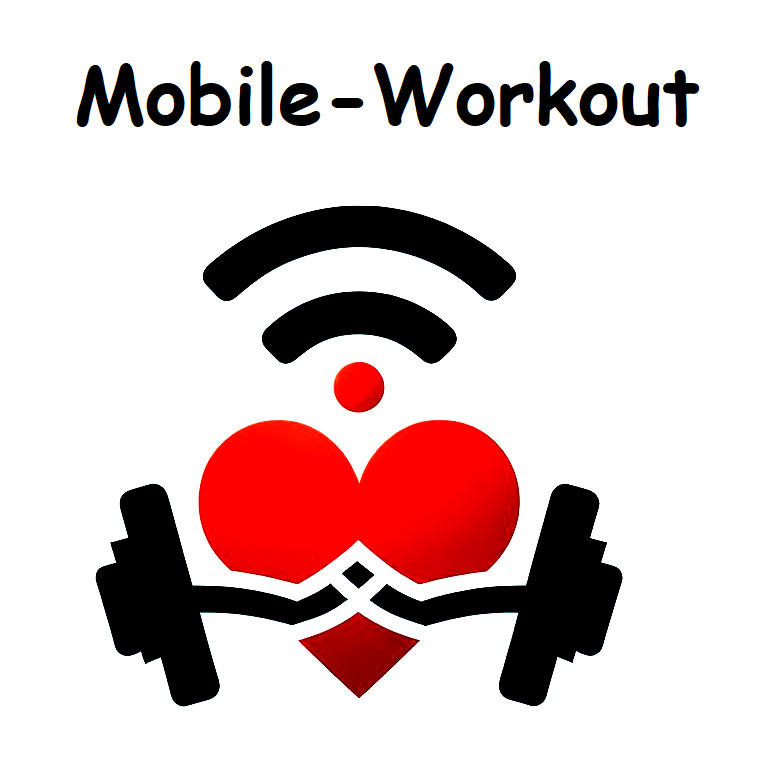Too much of a good thing is not a better thing: Supplements

All too often, cancer survivors reach for the bottle, the supplement bottle, to bolster their eating patterns. With lingering side effects after treatment, your body is left depleted and the challenge of eating healthfully may overwhelm you and your caregivers. Fatigue, taste changes, nausea, or poor appetite hinder an ability to get all the nutrients your body needs to restore good health. Supplements have the appeal of convenience; just pop a capsule and like magic, you need not worry about vitamins and minerals for the remainder of the day. But too much of a good thing does not add up to a better thing.
In the U.S. the sales and marketing of dietary supplements is a 51-billion-dollar business and is expected to grow about 6% per year for the next 5 years. With the growing population of seniors and greater awareness of preventive health care, more people are buying into the allure of dietary supplements¹. Cancer survivors are among this group and in fact, compared to persons without a cancer diagnosis, cancer survivors are much more likely to turn to dietary supplements to bolster their diets. It is not surprising that nearly half of survivors use dietary supplements on their own without consulting their health care provider².
An eye on getting enough nutrients is a good thing and supplements do have a place in filling in gaps. But a downside to supplements is that cancer survivors tend to get excess amounts of nutrients, such as calcium, vitamin D, and B-vitamins from supplements but not from the foods that contain these nutrients. By choosing a supplement for these nutrients instead of food, you miss out on much needed protein and calories, too. Additionally, compared to persons without cancer, cancer survivors eat fewer leafy greens for folate, whole grains for B-vitamins, milk or yogurt for calcium and phosphorus, and meats for copper. A balance of nutrients from a variety of foods from the four food groups–vegetables and fruits, protein foods like beans, meats, and fish, and dairy choices like milk, cheese, and yogurt, and grains, like rice, pasta, and cereals—is often lacking. For the best absorption of nutrients, the human body favors a mixture of nutrients, preferably from a variety of foods, that balances out the amounts of nutrients available for the body’s use. An example is how vitamin C from oranges helps in the aborption of iron. Your body prefers the joining of several nutrients. The combination results in optimal nutritional wellness.
Lastly, vitamins, minerals, and herbal supplements, are broken down and delivered in the same pathways in our liver as many of our medications, which means there can be harmful interactions. Supplements, even those rendered from all natural ingredients, contain powerful agents and components capable of creating strong reactions. Herbs like St John’s wort, often taken for mood, and valerian root used for sleep, are two examples of supplements that interact with medications or downright dangerous under the right circumstances.
Try to eat foods from all the food groups, with particular attention to vegetables and fruits as this group is rich in vitamins, minerals, and powerful cancer-fighting plant nutrients. Get enough protein from beans, meats, and fish to fight off fatigue and maintain your muscles. Eat cereal, bread or rice for valuable B-vitamins, and drink milk or snack on low fat cheese. Paying closer attention to your food choices steers you away from the supplement aisle and toward the good stuff! If you have doubts about the quality of your diet, ask your doctor or cancer dietitian for their expertise.
1. “U.S. Dietary Supplements Market Size, Share & Trends Analysis Report By Type (OTC, Prescribed), By Ingredient, By Form, By Application, By End-user, By Distribution Channel, And Segment Forecasts, 2023 – 2030.” https://www.grandviewresearch.com/industry-analysis/us-dietary-supplements-market-report
2. Du M, Luo H, Blumberg JB, Rogers G, Chen F, Ruan M, Shan Z, Biever E, Zhang FF. “Dietary Supplement Use among Adult Cancer Survivors in the United States.” J Nutr. 2020 Jun 1;150(6):1499-1508. doi: 10.1093/jn/nxaa040. PMID: 32101612; PMCID: PMC7269731.
Laurie Hatch is a registered dietitian who has worked in cancer care for two decades. She is also the owner of Food Is Medicine RD. As both a cancer dietitian and a cancer survivor, she has written a textbook and journal, In the Pink: A Breast Cancer Survivor’s Guide to a Healthier Life, which will be released this year. She lives with her husband in Denver, CO. You can find her on Facebook, @lauriehatch(foodismedicinerd) and Instagram @foodismedicinerd_cancer.
